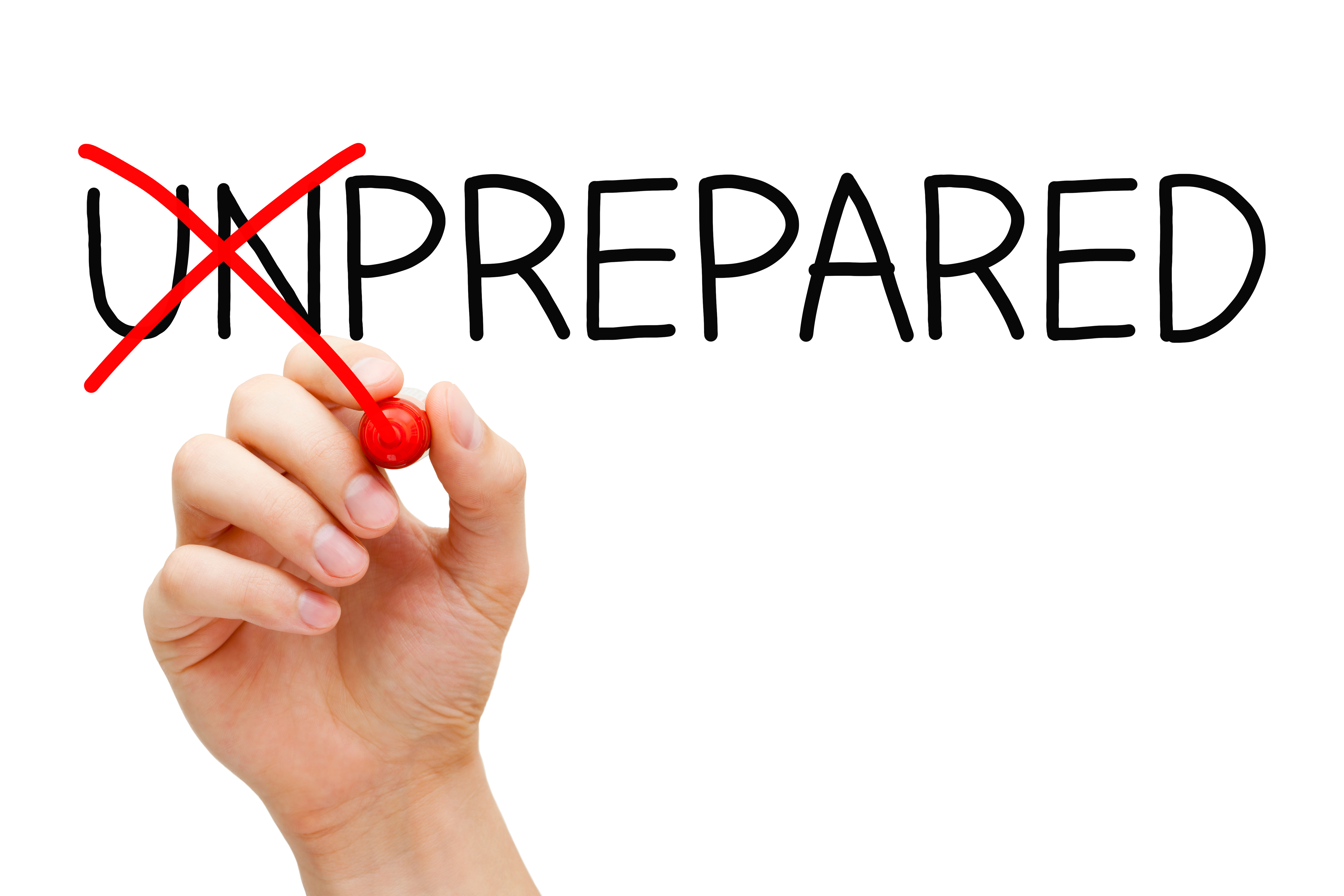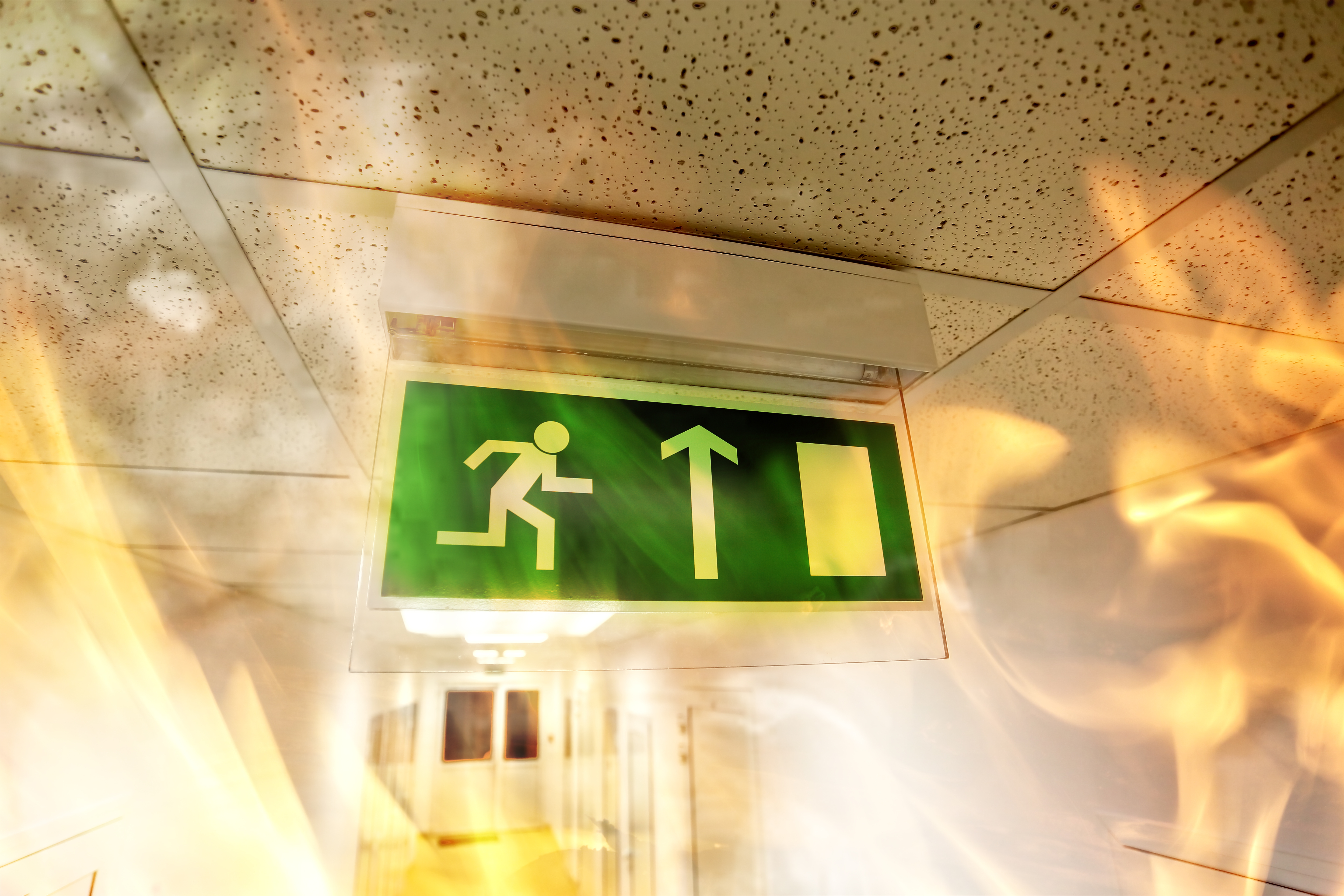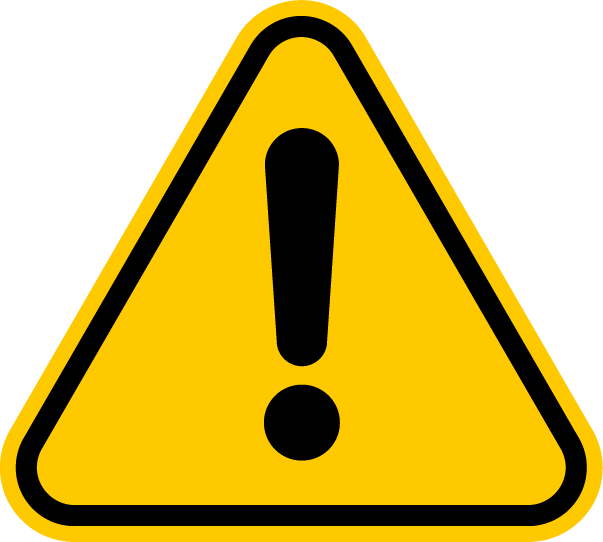National Preparedness Month is important because it gives us an entire month to focus Pennsylvanians on being prepared.
The theme this year is, “Prepared. Not Scared.” Over the next month, you can stop at the new Are You Ready PA? blog for effective and simple ways to help you and your loved ones Be Prepared. Not Scared.
This week, let’s start with the basics.

#1: Why we prepare in the first place...

Preparing before something happens reduces anxiety and losses that accompany disasters.
Much like a fire drill, knowing what to do in an emergency makes the situation a little less frightening for everyone. We prepare so we can be ready.
Check out these short videos. They will give you great context for why planning makes sense.
#2: …and what we prepare for.
Everyone’s needs are unique. An emergency that is a “set back” for one might be catastrophic for another.
Rather than preparing only for a snow storm or tornado, being prepared means identifying ways that emergencies can threaten your safety, and determining what to do when the emergency occurs. It comes down to three steps:
- Be informed
- Be prepared
- Be involved
Download the Pennsylvania Emergency Preparedness Guide and learn more about hazards and how they can affect you. It's available in multiple languages.
#3: Start with 2 and 2! 2 ways out, 2 places to meet.

Take a moment to imagine that there is an emergency, such as a fire in your home, and you need to leave quickly.
What are the best escape routes from your home? Find at least two ways out of each room. Now, write it down. You’ve just started your plan!
There may be any number of reasons that you need a home escape plan. Get your entire family involved in making and practicing the plan.
Choose an outside meeting place, like a neighbor's house, a street light, or a mailbox.
Then find a second place outside of your neighborhood if it is not safe to stay near or return to your home. You may not be able to reach loved ones by phone or email; so, it’s important to designate a place to meet before something happens.
Now is a good time to learn more about fire safety in PA.
#4: Make it a plan.
Don’t lose the important preparedness steps you’ve taken. Download the Ready PA family emergency plan cards.
Fill them out and give one to each member of your family to carry with them.
#5: Then document the phone-a-friend option.

You’ll notice on the emergency plan card, there is a space for an emergency contact and out-of-town contact. In order for family members or loved ones to know you're OK, choose an emergency contact person outside of your area.
It may be easier to reach someone out of town if local phone lines are out of service or overloaded. Include the contact information on the emergency plan card.
Take a minute now to call or email an out-of-town friend or family member to ask him or her to be your family’s designated contact in the event of an emergency.
Didn’t download the family emergency plan card? Do it today. You may have contact information stored in your mobile device, but the card is a safe backup if you do not have access to your phone.
#6: What if you’re prepared but your phone is not?
Set up your mobile phone to receive alerts. Severe thunderstorms and flash flooding can happen quickly. Today’s smart phones can be your own emergency alert system.
The National Weather Service sends Wireless Emergency Alerts for tornado warnings, flash flood warnings, hurricane warnings, and more. However, you have to make sure your phone settings are set to receive the alerts so be sure to check the notification settings on both Android or iOS.
Visit your local or county government website to find out if they have an alerting system that you can sign up to receive alerts on your mobile device.
Learn how to make sure you are set up to receive alerts.
#7: Find another source for alerts and emergent information now.

Did you know that six inches of moving water can knock a person down? Only two feet of water can sweep a vehicle away.
Give yourself more time to act by making sure you have access to information from a local radio or television station. Better yet, a NOAA Weather Radio is a great source of information.
Get extra batteries to power your radio, or find a wind-up radio so you can continue to know, even if the lights go out. They're available at many retailers and you don't need to be a "techie" to use one.
Find more information about NOAA weather radios and apps.
Learn More
Learn even more this month and year round by visiting ready.pa.gov and our 30 Days/30 Ways resources. You can even sign up for resources right to your inbox!